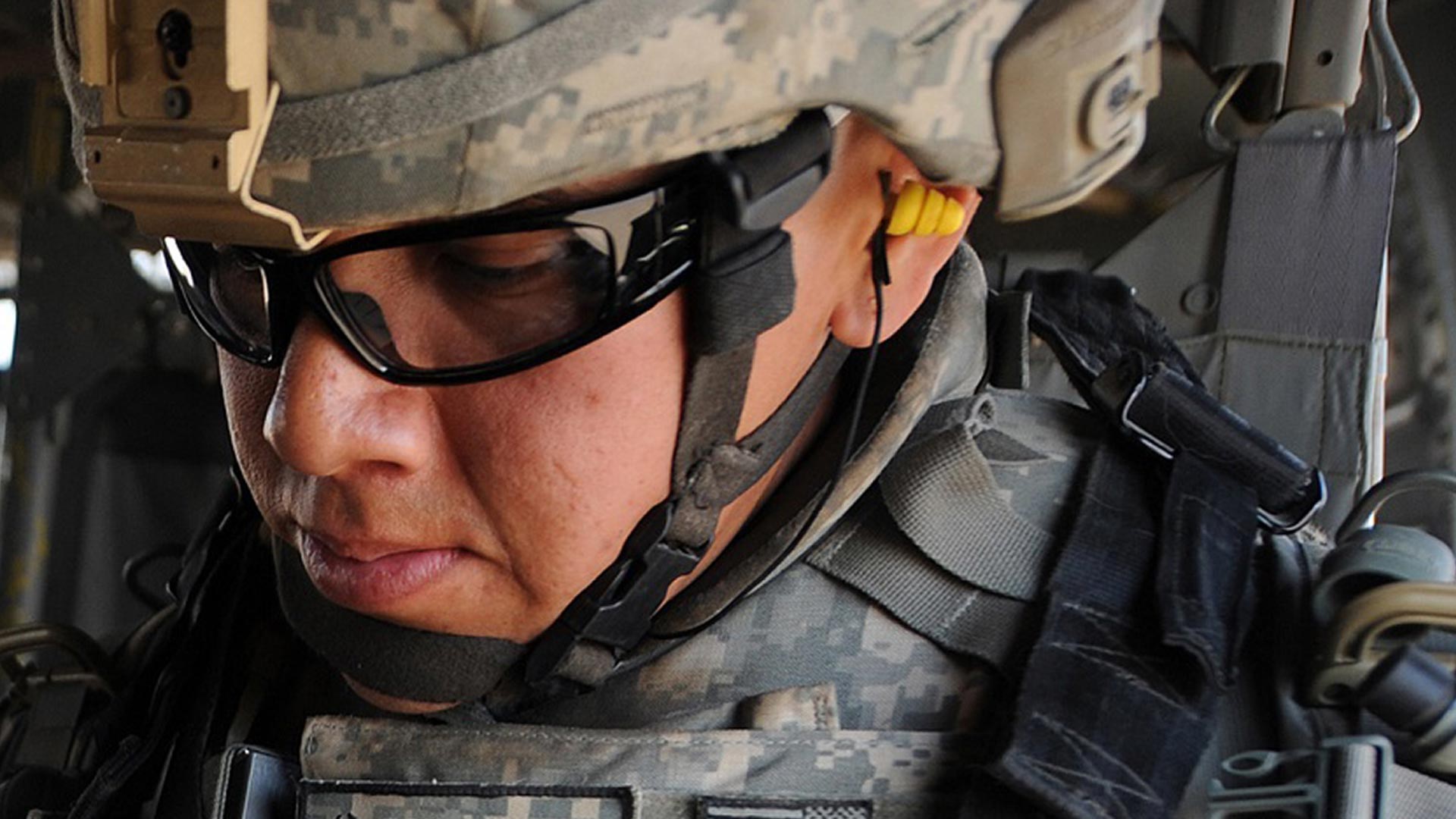Your Rights after Being Issued 3M’s Dual-Ended Combat Arms™ (CAEv2) Earplugs

From 2003 to 2015, 3M’s Dual-Ended Combat Arms™ (CAEv2) Earplugs were standard issues for those deployed to Afghanistan or Iraq. For 12 years, service members depended on these earplugs to protect their hearing — earplugs that ultimately proved to be defective.
John Hensley and his team of attorneys represent veterans and active-duty military who suffer from hearing loss, tinnitus, or other ear-related impairments caused by using these defective earplugs during military service.
Hensley Legal Group is fighting to make sure every affected service member receives the compensation they deserve from the earplugs’ manufacturer, 3M (formerly Aearo Technologies). If you or a loved one has suffered after using 3M’s defective earplugs, call our office or contact us online for a free conversation about your potential claim.
3M agreed to pay the government a $9.1 million settlement in July 2018, but there is still time for victims to pursue justice and file a claim. Hensley Legal Group is continuing to accept new cases against 3M; however, time is of the essence. Fill out the contact form provided or call us to get your claim started today.
3M’s Dual-Ended Combat Arms™ (CAEv2) Earplugs: What Happened
3M’s earplugs were originally designed to be worn two ways. By inserting the plugs one way, service members would be protected from dangerous noise levels. Insert the plugs the other way, and service members could protect their hearing from a lesser amount of noise while still carrying on a conversation.
But there was a flaw in the design.
As early as 2000, Aearo Technologies was allegedly aware that the earplugs didn’t extend far enough into the ear canal to provide the promised protection from dangerous noise levels. Damaging noises could enter the ear canal despite the presence of the earplugs, and the wearer would have no idea that their hearing wasn’t properly protected.
This was all before Aearo (and later 3M) became the U.S. military’s exclusive provider of selective attenuation earplugs. The companies allegedly manipulated test results in order to meet government standards. From 2003 to 2015, the U.S. military unknowingly issued defective earplugs to their service members.
In 2016, one of 3M’s competitors, Moldex-Metric Inc., filed a lawsuit alleging that 3M’s earplugs were defective and that 3M had known about it for more than a decade. In July of 2018, 3M settled a whistleblower lawsuit with the Department of Justice for $9.1 million, with $1.911 million going toward Moldex-Metric Inc. for their help in raising the alarm.
Veterans are already at a higher risk for tinnitus than the general population due to their exposure to loud noise over the course of their service. According to the U.S. Department of Veterans Affairs, “as of 2013, more than a million veterans had a service-connected disability rating for tinnitus.” It’s worth remembering that by 2013, 3M’s earplugs had been a standard issue for a decade.
U.S. service members and veterans shouldn’t have to suffer from hearing loss, tinnitus, or any other hearing-related impairment due to the negligence of a manufacturing company. They shouldn’t have to fight against a giant corporate entity by themselves, and they definitely shouldn’t have to pay crazy fees to get someone else to do it for them.
That’s why Hensley Legal Group offers a risk-free guarantee to our clients. We work on a contingency fee basis. That means that if you don’t get paid, neither do we.
It’s that simple. If we don’t secure a settlement or award for you, you won’t owe us a single penny.
Our office is ready to answer your questions and investigate your claim. Call us today or contact us online for a free conversation about your case. We’re available 24/7.